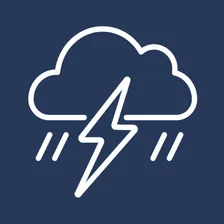Weaviate Integration
Deprecated
Pricing
$5.00/month + usage
Weaviate Integration
Deprecated
Easily integrate Apify & Weaviate Push selected fields from Apify Actor into any Weaviate class. If the Weaviate class does not exist the integration will created it. Efficient & user-friendly data handling solution.
0.0 (0)
Pricing
$5.00/month + usage
0
Total users
2
Monthly users
1
Last modified
2 years ago
You can access the Weaviate Integration programmatically from your own applications by using the Apify API. You can also choose the language preference from below. To use the Apify API, you’ll need an Apify account and your API token, found in Integrations settings in Apify Console.
{ "mcpServers": { "apify": { "command": "npx", "args": [ "mcp-remote", "https://mcp.apify.com/sse?actors=datastorm/weaviate-integration", "--header", "Authorization: Bearer <YOUR_API_TOKEN>" ] } }}Configure MCP server with Weaviate Integration
You have a few options for interacting with the MCP server:
Use
mcp.apify.comviamcp-remotefrom your local machine to connect and authenticate using OAuth or an API token (as shown in the JSON configuration above).Set up the connection directly in your MCP client UI by providing the URL
https://mcp.apify.com/sse?actors=datastorm/weaviate-integrationalong with an API token (or use OAuth).Connect to
mcp.apify.comvia Server-Sent Events (SSE), as shown below:
{ "mcpServers": { "apify": { "type": "sse", "url": "https://mcp.apify.com/sse?actors=datastorm/weaviate-integration", "headers": { "Authorization": "Bearer <YOUR_API_TOKEN>" } } }}You can connect to the Apify MCP Server using clients like Tester MCP Client, or any other MCP client of your choice.
If you want to learn more about our Apify MCP implementation, check out our MCP documentation. To learn more about the Model Context Protocol in general, refer to the official MCP documentation or read our blog post.
